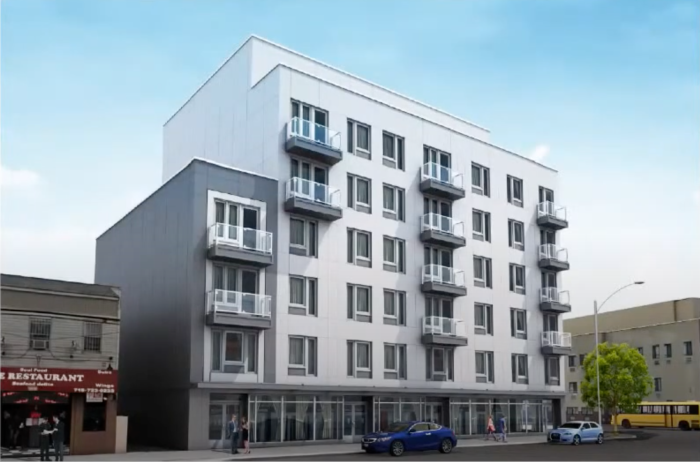Being a real estate agent in Queens brings new opportunities and challenges each day. As an agent with listings in the borough for the past several years, I have an inside look into this work and how the rental market functions.
In an average day, I might have to show many apartments across all different parts of the borough and other boroughs, while also updating and promoting listings and responding to renters asking for time-sensitive information about available units. It isn’t just from 9 to 5 and includes late nights and weekends. And of course, there’s no guarantee renters we respond to will actually lease any apartments we’ve shown them, which might mean that after days of work we could just back to square one with other applicants – and without any commission.
You might even be surprised to learn the average real estate agent in New York City makes around $52,0000 per year during the start of their career. Most of us who have been in the business for a while still don’t make six figures. It’s why we rely on commissions, sometimes referred to as broker fees, to support ourselves.
With all that in mind, many of my counterparts and I are concerned about legislation regarding broker fees that was recently introduced by City Council Member Chi Ossé. It would harm agents like me and the renters we serve. It has been frustrating to see this bill promoted as an obvious solution, when in fact it would just create more problems than it solves.
The new legislation aims to make it illegal for real estate agents to receive a broker fee from a renter unless that individual has specifically hired the agent.
Ossé claimed his bill will not negatively impact agents like me because it does not include language putting a cap on commissions. But that is a false claim that doesn’t hold up to the facts about how the rental market works here in the city. In fact, this bill would limit opportunities for agents and lead to fewer commissions for many.
A large number of rental listings in Queens and throughout the city are known as “exclusive listings.” In other words, an agent has an exclusive agreement to promote a particular listing, ensuring that they can receive a fair commission when that apartment is rented.
If the Council member’s bill is passed and agents can no longer collect a commission from many of the renters we’ve been servicing, this will essentially put an end to exclusive listings and turn any existing exclusives into what’s known as an “open listing.” To be fair, there are many open listings that already exist today – but this bill would vastly increase that number.
The result will be that an already-competitive industry will become even harder for agents to secure commission opportunities. Working-class agents will lose out on the income they need to pay their own rent or their own bills. I don’t believe that the council member intended to cause this problem, but that is simply the truth about what will happen in many cases under his proposal.
On the other hand, we need to consider the negative impacts for many renters. Today there are exclusive listings and open listings, but there are also what’s known as “no fee listings.” This is a misnomer because “no fee” simply means that the property owner pays the cost of the broker fee in-house and bakes that cost into the monthly rent of the apartments in their building.
So under the council member’s bill, in some cases, more property owners will decide to turn to this “no fee” approach to market their buildings. The result here is obvious – they, too, will bake the cost of the in-house broker fee into the monthly rent of their units.
That means higher rents for tenants. It means that many applicants may no longer qualify for certain apartments if their income is no longer make 40 times the monthly rent. It means that even if they do decide to live in that higher rent unit, they will likely pay an even higher rent the following year when they seek to renew their lease and are confronted with a rent increase.
There is already so much public discussion around high rents in Queens, particularly along the waterfront but also throughout the borough, as demand continues to increase but supply remains low. Turning more buildings into “no fee” apartments with higher monthly rents is not going to be welcome news to many of these renters. Again, I don’t believe the Council Member is trying to cause these problems – but all I can do is lay out what the reality is for the market.
This is a complex issue that requires thoughtfulness and discussion with industry professionals. What doesn’t help is rushing to pass legislation just because it sounds appealing or generates flashy headlines in the press.
I sincerely hope Ossé will think twice about his bill with this in mind. Just as importantly, I hope council embers in Queens will choose not to support this bill.
Calvin Yan is a real estate agent for Modern Spaces.




































